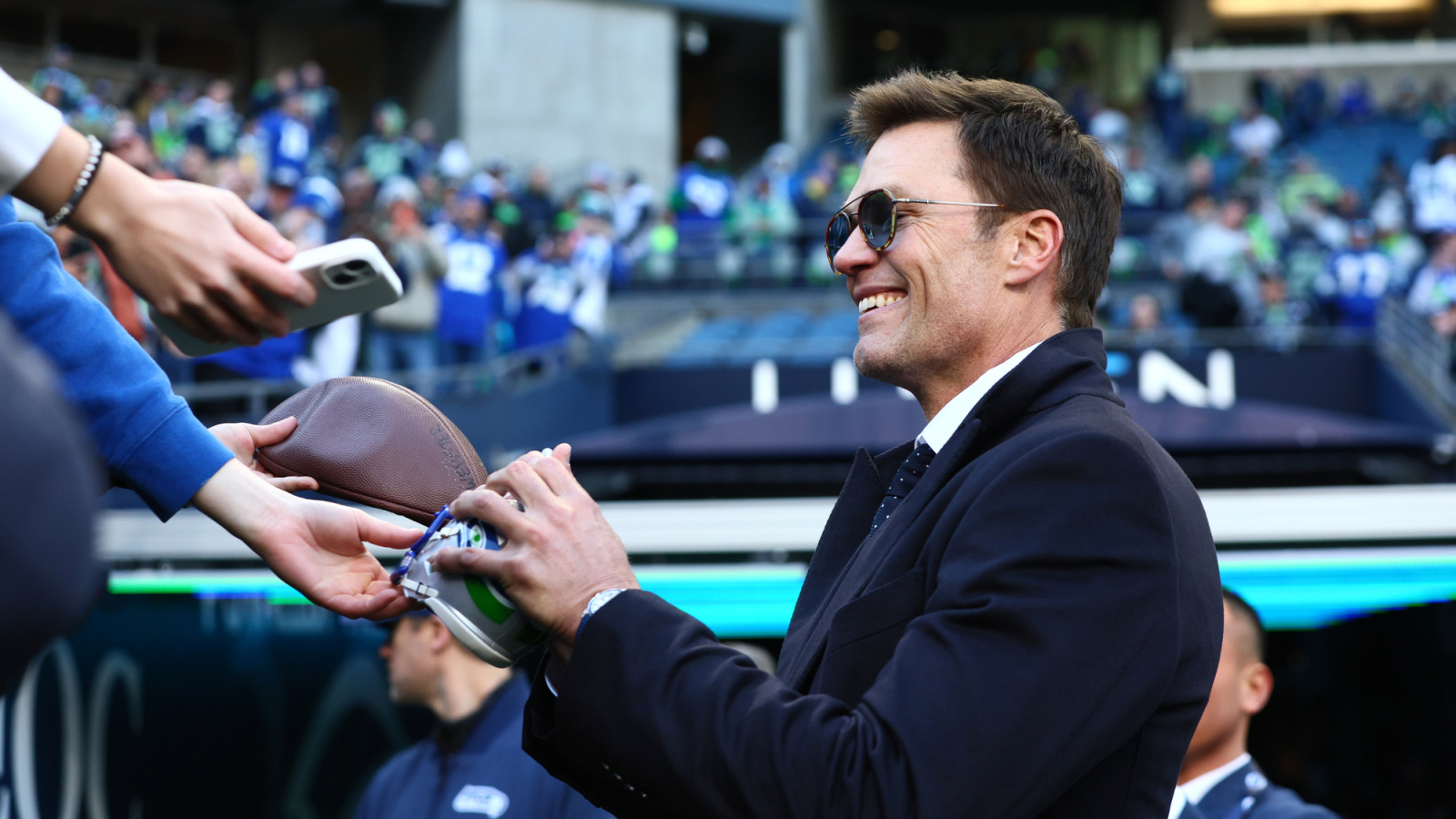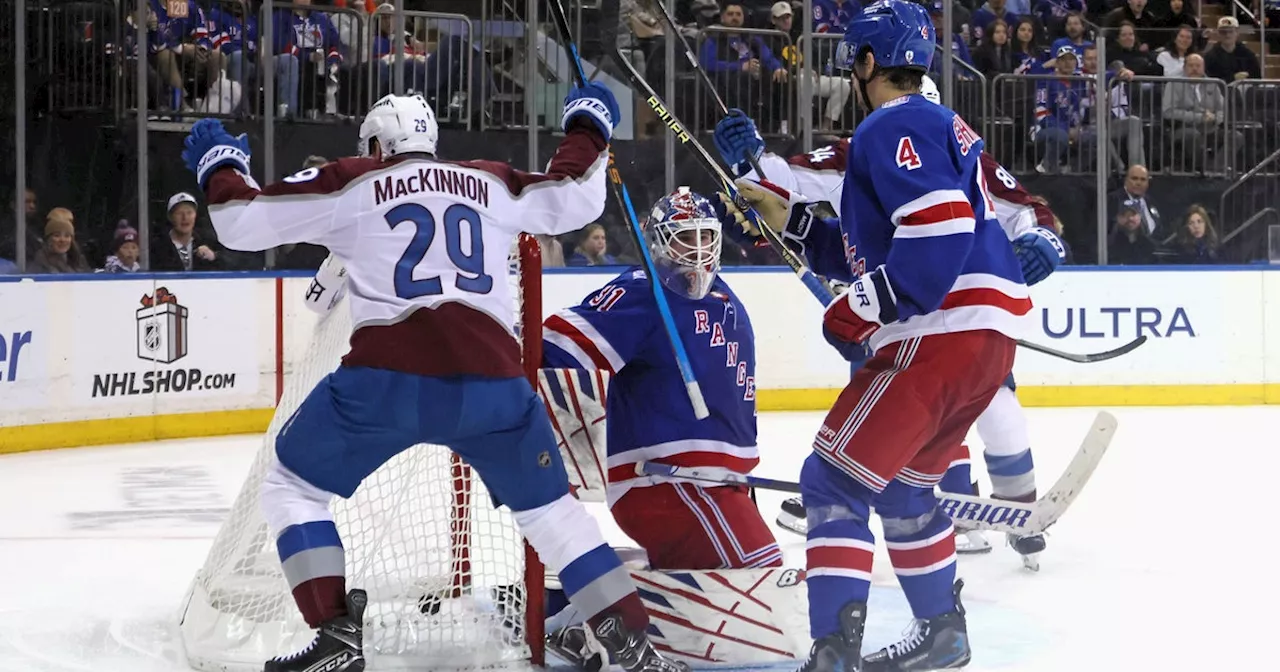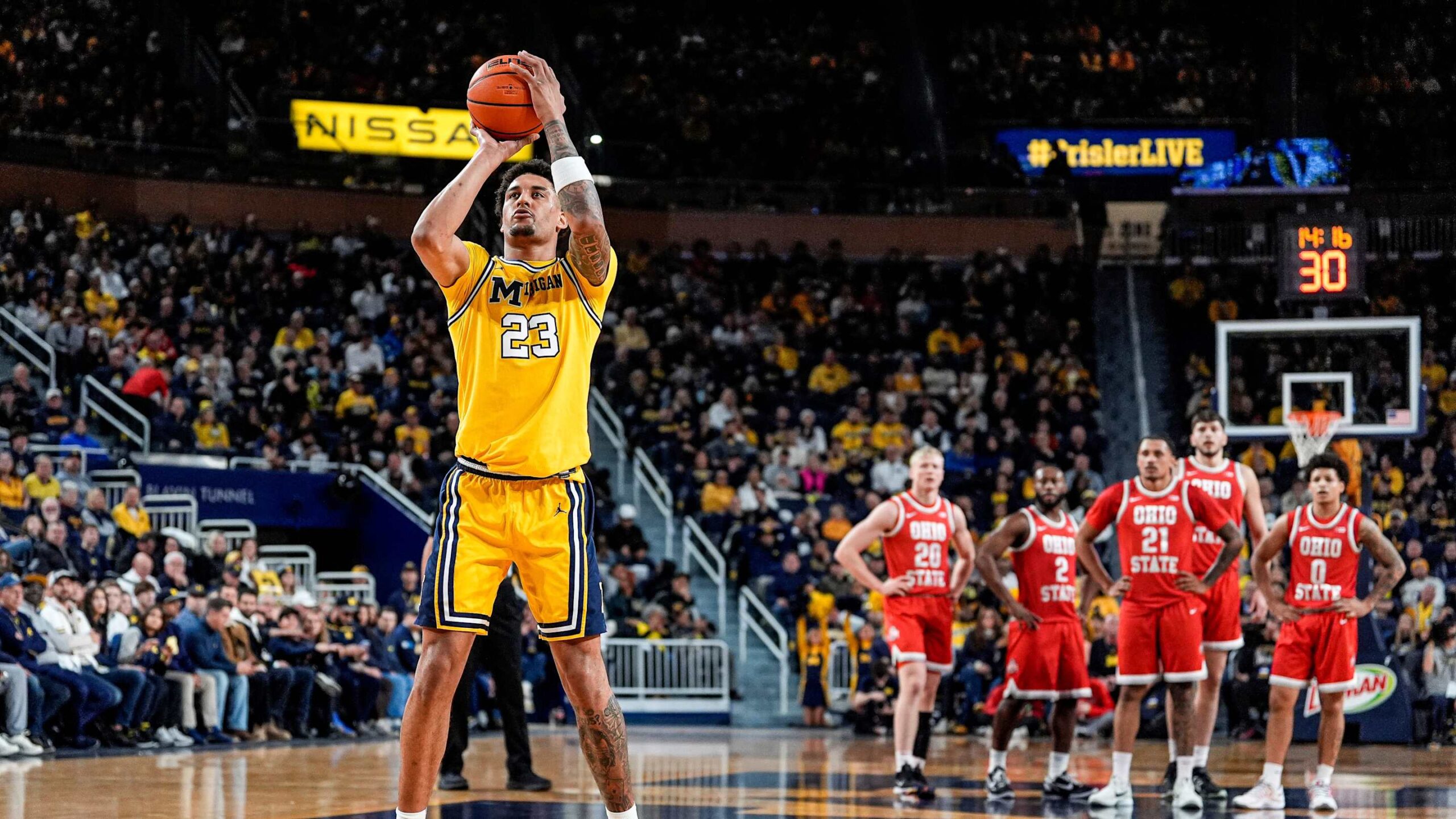NASCAR is experiencing a significant evolution in its format, but internal team dynamics are also undergoing important changes. At Joe Gibbs Racing (JGR), the approach to confidentiality and employee agreements differs from the typical industry standard. Recently, Dave Alpern, President of JGR, provided insights into the organization’s policy on Non-Disclosure Agreements (NDAs) for its employees.
Understanding JGR’s NDA Approach
In the world of NASCAR, where every detail can impact performance, maintaining confidentiality is crucial. While many organizations enforce NDAs for all employees, JGR adopts a more nuanced approach. Alpern clarified that not all employees are required to sign NDAs. Instead, employment contracts often contain clauses that protect proprietary information relevant to specific roles.
“Truthfully, the answer is no. Not everybody does sign an NDA,” Alpern stated. “If you’re somebody that knows particularly proprietary information, then that’s probably going to be covered in your employment contract.” This means that while some employees, especially those in technical roles, may have formal agreements, others may not be bound by any such document.
Alpern further explained, “Not everybody who works here has an employment contract. It just kind of depends on what your job is.” This flexibility suggests a level of confidence in the team’s internal culture and the loyalty of its employees, indicating that trust may play a more significant role than paperwork in protecting sensitive information.
Importance of Confidentiality in NASCAR
In a competitive environment like NASCAR, the confidentiality of information can be a determining factor in a team’s success. NDAs serve as a legal safeguard against the unauthorized sharing of sensitive data, from technical specifications to driver analytics and strategic plans. Teams typically require these agreements to prevent competitors from gaining access to valuable intellectual property.
Alpern humorously noted, “The best remedy is just giving everybody the Men in Black thing when they leave, to kind of wipe everything from their memory.” Though they do not actually employ such methods, his comment underscores the importance of confidentiality within the organization.
When partnerships are on the table, mutual NDAs become even more critical. These agreements facilitate open collaboration between teams and potential sponsors, ensuring that sensitive information remains secure. Additionally, suppliers and contractors who work with teams like JGR often operate under similar confidentiality agreements, particularly when dealing with innovative engineering or research data.
The selective NDA policy at JGR reflects more than just a legal framework; it signifies a deep-rooted culture of trust among team members. While formal contracts are important, the loyalty and integrity of the employees play a vital role in safeguarding the team’s competitive edge. As the NASCAR landscape evolves, JGR’s approach to confidentiality may serve as a model for balancing legal protections with a strong internal culture.







